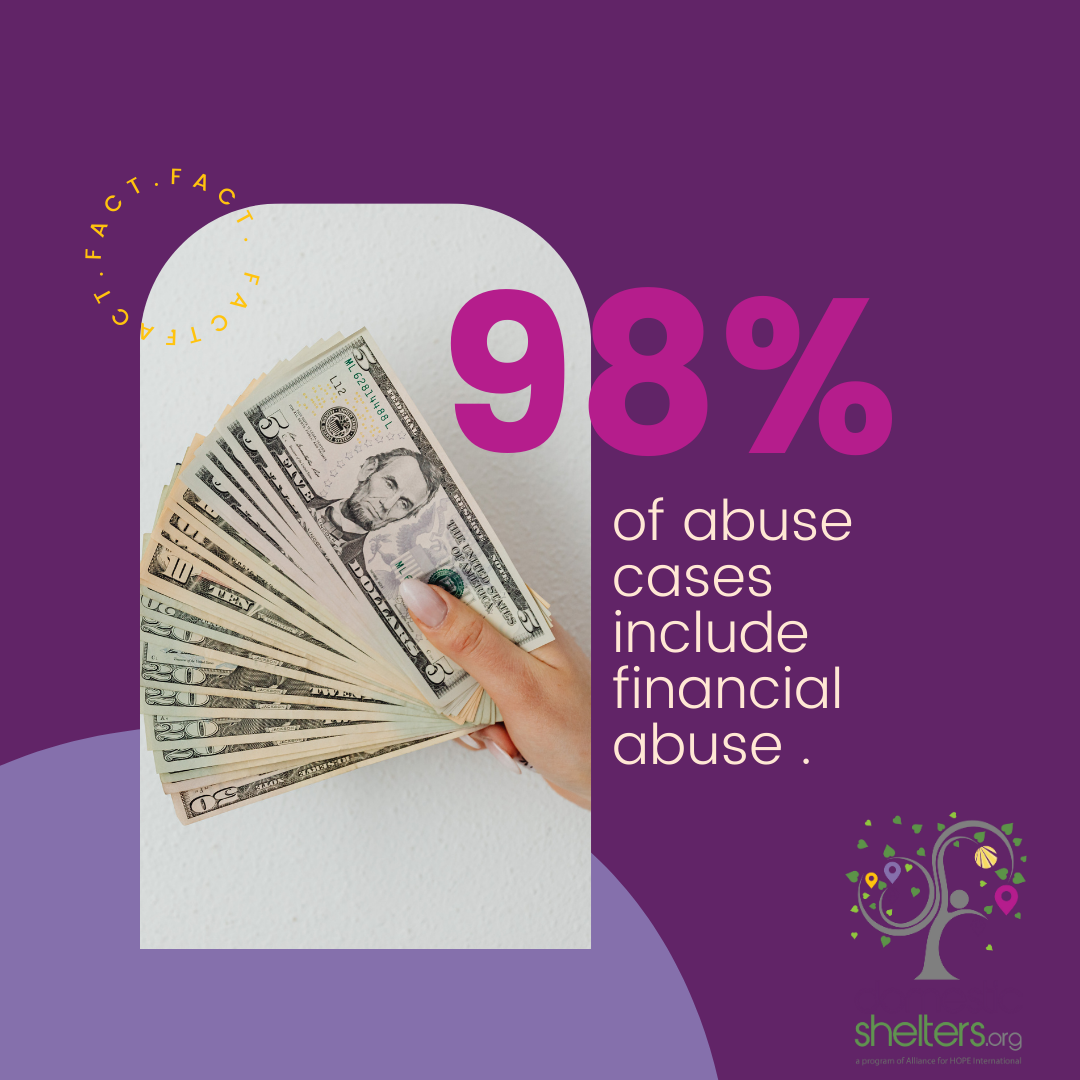1. Select a discrete app icon.

notes
Free Tax Prep for Survivors
Whether you don’t know how to file a tax return or an abuser is trying to get out of paying their fair share, help is available
- Jan 08, 2024

This piece was originally published in 2017. It was updated in 2024.
After escaping domestic violence, you may find yourself facing financial hurdles you’ve never had to face before. One such hurdle is preparing and filing your taxes. Tax season can be difficult to navigate in even the best of circumstances, and particularly so if it’s your first time or your ex deliberately makes filing difficult on you. Financial abuse occurs in about 98 percent of abuse cases. If you’d like to learn more, read more about financial abuse.
Problems From the Past
There are also resources available to help survivors resolve tax issues. The IRS has established a network of Low-Income Taxpayer Clinics that can help anyone who meets income qualifications resolve disputes for a small fee.

If you are saddled with an unexpected tax bill you may be able to avoid paying it under a law that provides for Innocent Spouse Relief. Evidence of domestic violence, such as police reports or testimony from family members, can help get these tax bills reversed.
It’s not uncommon for abusers to control household finances, and to present survivors with completed tax forms and insist they sign them. But when you sign a joint return, you become liable for any taxes or penalties linked to that return. So if an abuser then defaults on the tax bill, the IRS will come after you both.
“For example, let’s say the husband was supposed to pay these taxes and he fails to pay them,” says Masood A. Chotani, director of Taxpayers Help Center Inc. “What happens is that the tax obligation goes into collections and the IRS can put a lien on the house they own and go to the bank accounts to collect the money. But if the husband does not have sufficient monies, that’s when the wife gets dragged into it. And all of a sudden, sometimes years later, her paycheck is getting garnished.”
If you think there is a chance that an abuser won’t pay their tax bill and it can be done safely, Robert E. McKenzie, an attorney with Arnstein & Lehr in Chicago, recommends filing your taxes as “married filing separately” to help avoid unexpected financial burdens.
If You Need Help Filing Taxes
These free services can help you file your 2023 taxes, which are due April 15, 2024:
- The Volunteer Income Tax Assistance (VITA) program from the IRS is designed to help qualifying individuals prepare and file their tax returns for free. You may qualify for assistance from VITA if your income is below $60,000 a year, you have a disability or your English is limited.
- Tax Counseling for the Elderly (TCE) offers free help to people ages 60 and older and specializes in issues related to retirement. Enter your zip code to find a VITA or TCE location near you.
- Taxpayers Help Center Inc. and The United Way offer free tax prep services for those who make less than about $60,000 a year.
- The AARP Foundation offers free tax assistance for people ages 50 and older as well as those with low to moderate income. Visit a site near you or ask questions online.
- Some tax preparation companies, including H&R Block and TaxAct, offer free editions of their tax filing software for anyone filing simple tax returns.
- Your local domestic violence shelter may know of other free tax prep programs for survivors. It may be worth it to give them a call.
There may be other organizations in your area that offer free assistance with taxes, such as your local library or Goodwill. But watch out for companies that offer to prepare and file your taxes in exchange for a portion of your tax refund. And if you are considering a refund anticipation loan, be sure to read the fine print as these loans often have high interest rates and/or fees.
Reducing Your Taxes
Deductions reduce your total taxable income, which in turn decreases the amount of tax you owe the government. One of the most common deductions couples file for involves minor dependents (children). If you and your partner are divorced or married but filing separately, you’ll need to determine which one of you can claim shared children as dependents on their taxes.
“The first presumption is, ‘Who are the children with’?” says McKenzie. “But then there’s a whole level of complexity.”
Factors such as how long the parents have been separated or divorced and whether there are any agreements between the parents about custody can come into play. And, of course, abusers are notorious for making this a point of contention. So be sure to consult a tax expert to help you determine if you can claim your children as dependents on your taxes.
Parents who pay for childcare while they work or look for work may also qualify for a $3,000 to $6,000 child and dependent care tax credit.
People who meet income requirements may also qualify for the earned income tax credit, which can increase your tax refund. The IRS estimates that 20 percent of people who qualify for this credit don’t claim it. For 2023, people with incomes from $17,640 or less with no children to $56,838 or less with three or more children may qualify for the credit. Limits are higher for married couples filing jointly.
Donate and change a life
Your support gives hope and help to victims of domestic violence every day.








